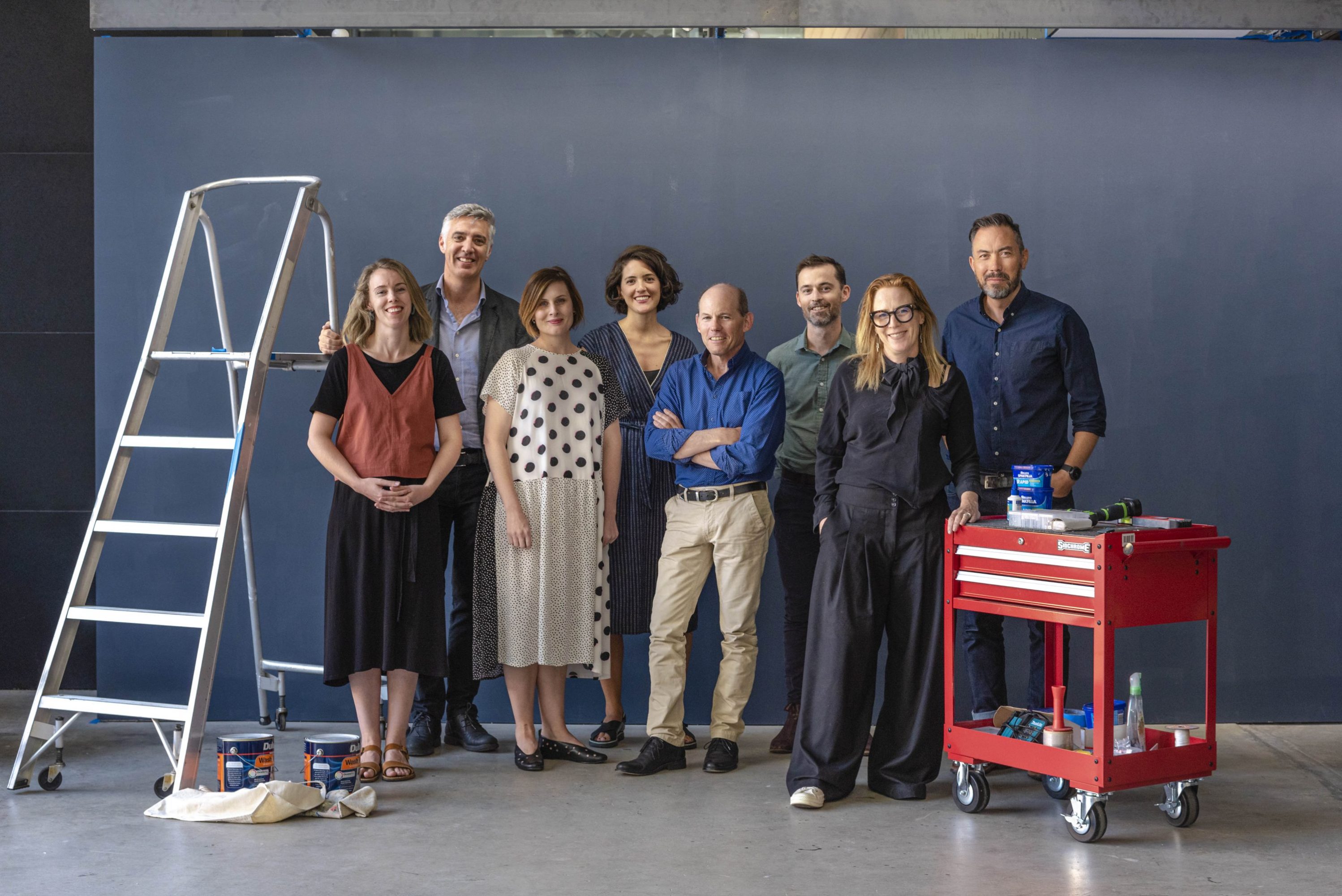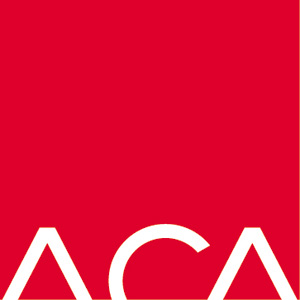Tight Financial Management and Open Communication

Emma Williamson, partner in TheFulcrum.Agency, explains how the consultancy is responding to COVID-19 and offers advice about how to proactively manage through a crisis while maintaining the cultural integrity of your practice.
TheFulcrum.Agency is a small architectural consultancy based in Fremantle, Perth. The agency works across Australia, including in the country’s most remote communities.
What measures has your practice put in place in response to COVID-19?
We have approached this problem in two ways. Firstly, by stepping up our communication with our staff and bringing everyone together to make a plan that will work for us all. Secondly, by getting a detailed picture of our financial situation and extending this to become quite granular in terms of what the forecast looks like. Thanks to the GFC (which really doesn’t feel that long ago), we feel like we knew what we needed to do.
We are continuing to work from our office but have ensured that people are placed appropriate distances apart. We have new, tightened regimes around cleaning and hygiene generally.
Over the past 18 months we have relied on our practice management software as well as accounting software to resource and schedule work. Over the past couple of weeks we have been working between these two to create something that can be updated daily to allow us to see any pressures that are coming our way.
We have closely reviewed what we consider discretionary spending and balanced this against three possible scenarios. The first with only minor impact, the second more serious and the third is – well, let’s just say, it’s not pretty!
Do you have staff working remotely? How have you managed this in terms of both technical/IT matters and workplace systems?
We have been working remotely for a few years now, with some of our team heading into community regularly. In addition, I have spent some time working from home on and off for several years. This has given us a great head start as we are familiar with our systems and have already invested in technical advice to get our server securely on the cloud.
One thing that I think is really important is “face-to-face” meetings using video rather than relying on audio or email. It is so important to building up connection and staying in contact. We are much more tuned into the subtleties of what is going on when we can see the people we are talking to.
How are you managing morale amongst staff when there is so much uncertainty around us?
This is tricky and I think we are really lucky to have a team that has been together for quite a few years now. We have been together through a lot – the GFC, a merger, and now a new business. In all of this I have really put effort into being transparent and honest.
This week I asked each person what were their concerns – what was keeping them up at night? These answers ranged from job security to childcare to hygiene practices. I wrote them all down and then spent a couple of hours pulling together answers that were then emailed to everyone.
We have started to think of ways we can use technology to continue to make us feel like we are working together even if we are working from home. We’ve set up “teams” for informal banter and are developing an office playlist on spotify that we can all add to and will play during the day.
A lot of your work is in remote locations and amongst vulnerable communities. How are you managing your communication with these clients?
Luckily we have many established relationships with community members, as well as established practices of connecting and communicating remotely with them. We feel very concerned about the vulnerability of Indigenous communities during this crisis. We will continue to communicate via distance until everyone is comfortable that the risk has subsided.
What advice would you give to other practices based on your experiences so far?
Be honest and up front. Ask people what is on their mind, but take time to give informed answers. Communication is key to keeping people calm – if you fail in this, you end up with an even bigger crisis.
Understand your financial situation. Take time to really understand how cashflow will be affected. Run some scenarios and establish what your trigger points are to reducing costs dramatically, through redundancies or otherwise.
Work as a team. Get everyone involved in shifting gears. Make sure you get feedback on changes that are put in place – and make sure you react to feedback when you get it.
Embrace remote work. Architecture has been so slow to adapt to new ways of working. If there is a positive out of this I hope that it demonstrates once and for all that working from home can be efficient and positive. I think we can trust our team to work hard and work well.
Emma Williamson is a Partner at TheFulcrum.Agency. She is skilled in design and the business of architecture, and has held a Director position in practice for more than two decades. Emma was the inaugural Chair of the Australian Institute of Architect’s National Committee for Gender Equity.
